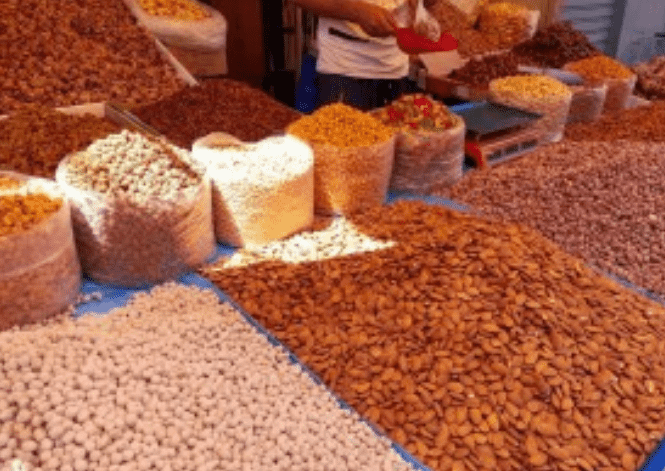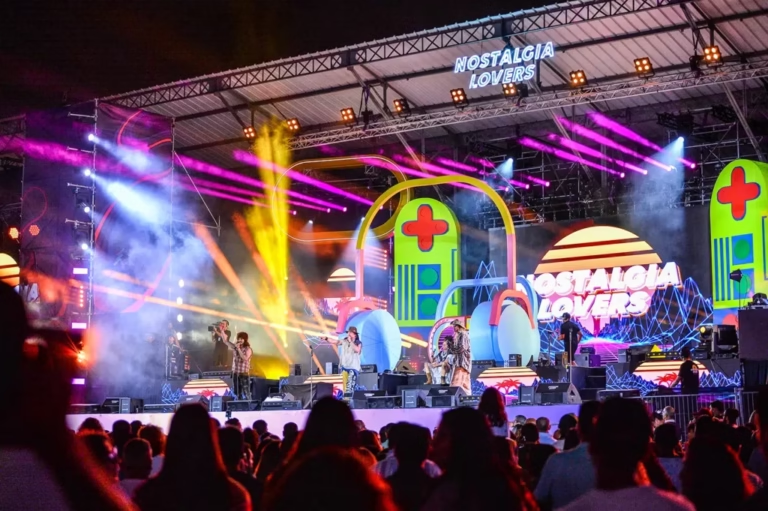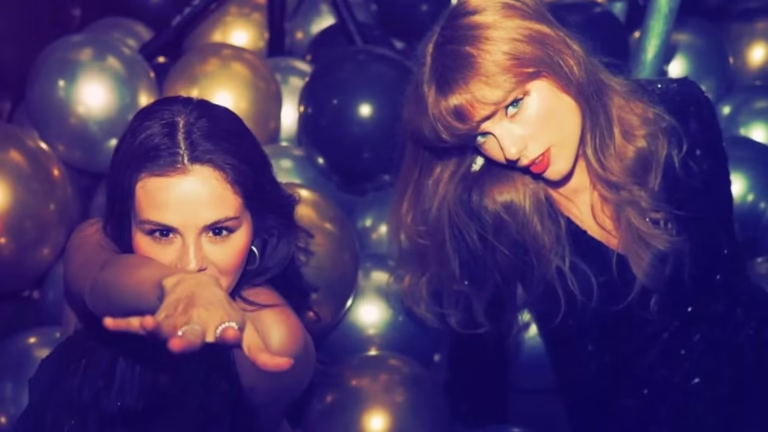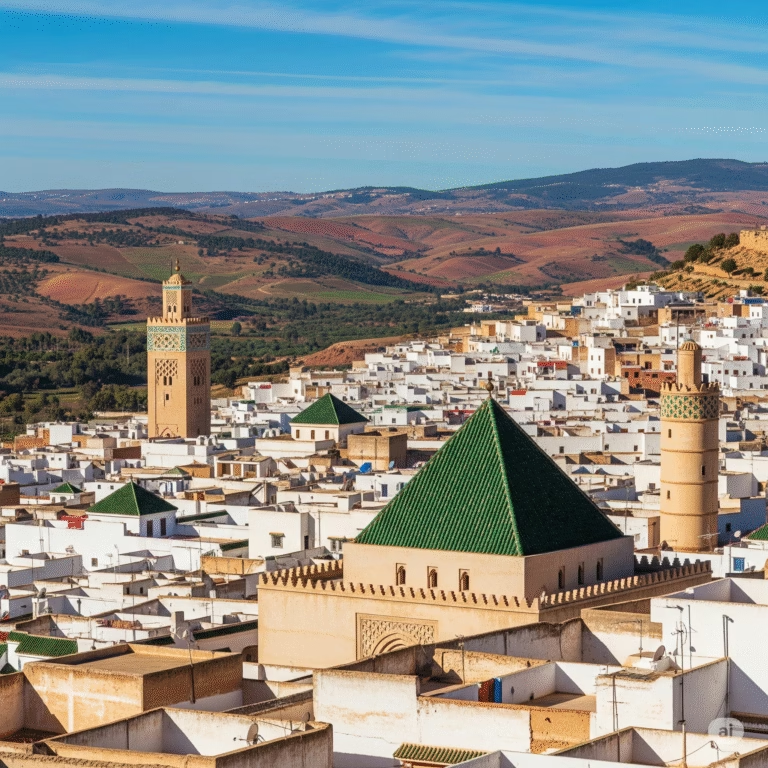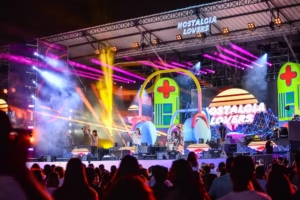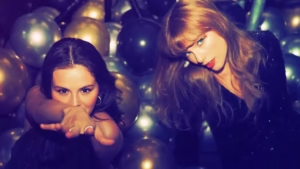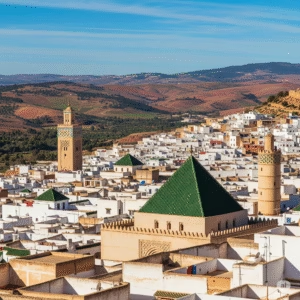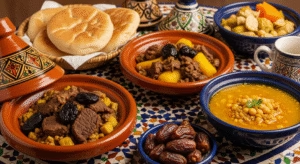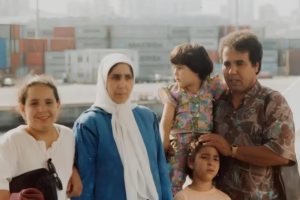Rabat – Ashura is a special day for Muslims all over the world. The tenth day of Muharram (the first month of the Islmic calendar), it marks the day prophet Musa (Moses) was saved from the Pharaoh when God parted the sea to create a path for the prophet and his people.
Commemorations and celebrations of Ashura vary around the globe across different cultures. Shia Muslims observe the occasion as a day of mourning for the death of Husayn ibn Ali, the prophet Muhammad’s grandson, while Sunnis tend to celebrate the day in a more positive way, with it also being a non-obligatory fasting day.
In Morocco, the day is an occasion of celebration and joy, with many traditions in Moroccan society for Ashura preparations, celebrations, and foods.
A quick history
Ashura celebrations naturally came with the spread of Islam in Morocco and North Africa. Celebrations of the day started as an occasion for mourning and remembering the dead, but the concept evolved over time.
With modernization and urban immigration in Morocco, the traditions evolved to become more celebratory, although more rural areas maintain a more religious and sacred approach to their Ashura celebrations.
Due to urban expansion, traditional customs and practices are becoming rarer and are only found in isolated communities and villages.
Preparations for the celebrations
Religious celebrations in Morocco require a lot of preparation ahead of time. Preparations for Ashura usually start around the start of the new Hijri year, with the family cleaning the house thoroughly in preparation for a clean and prosperous new year.
In line with this belief, children traditionally get new clothes for Ashura, a common practice which also happens in other religious celebrations like Eid Al-Adha. The new clothes are usually traditional Moroccan clothes like the kaftan or jabador.
In addition to clothes, children will often also get treats like candies and sweets on the day of Ashura, as well as toys, games, and a host of other gifts that they want to buy as New Year presents.
Ashura celebrations
Generally, Ashura does not carry a big religious significance or weight in Morocco. Although religion is undoubtedly part of the occasion, celebrations don’t carry many of the festival’s religious meanings and connotations. They instead take on a more Moroccan identity implication, with celebrations foregrounding Moroccan culture and customs.
Like in many other Sunni societies, however, Moroccans do observe an optional day of fasting during Ashura. But for many, the day is an occasion to feast on traditional food and sweets.
Moroccan souks are one of the places where one can see the atmosphere of Ashura flourish. This includes the sight of families pouring into the iconic Moroccan markets to buy their families and children gifts. The souks are also full of traditional Moroccan clothes and musical instruments like the taarija (a type of Moroccan drum).
Read Also: Ashura in Morocco: A Celebration With Unique Cultural Traditions
Some Moroccan women like to gather in each other’s houses in Ashura and celebrate using these instruments – they sing traditional folklore music and dance on a day of celebration.
In some regions, children knock on neighbors’ doors, asking for fruits, candy, and even money sometimes, in a practice called “Haq Baba Aishur” (the right of Baba Aishur).
Goulmima, a city in the province of Errachidia, also has its own interesting customs, as its Ashura celebrations have been influenced by Jewish groups. The young here engage in similar ceremonies as they dress up in scary costumes and collect food from neighbors to prepare dinner, all while singing Amazigh songs.
There still remains a more somber side of the Ashura celebrations, with many families spending the day by visiting their dead relatives in cemeteries while reading the Quran and chanting prayers.
Moroccans also usually hold traditional bonfires called Sha’alat or Tachaalt on the night of Ashura. Children dance and sing around these bonfiresAnd some girls wishing to have longer hair the following year have been known to cut some of their hair that they throw in the fire.
Fireworks and firecrackers have also been traditionally part of these celebrations, although they have been more regulated lately due to safety concerns. Authorities banned these celebrations along with the bonfires in urban areas due to the lack of adult supervision and the danger they pose.
Ashura feast: Celebrations of Moroccan delicacies
As is the case with other Moroccan celebrations, religious or not, Ashura is an occasion that puts on display the diversity of Moroccan cuisine and culinary traditions.
One dish in particular that Moroccans love to have in Ashura is Kourdass Couscous – Kourdass being a traditional combination of dried meat and sheep innards, typically saved from Eid Al Adha celebrations.
In addition to this main dish, Moroccans love to enjoy a wide variety of sweets and cookies such as Krichlate and Feqqas, which are usually served with mint tea. Dried fruits and nuts are also some other delicacies that are enjoyed during this festival.
Ashura remains one of the most significant religious holidays in Morocco, as it is a way for the people to follow traditions and celebrate. The differing celebrations from region to region also show how diverse Moroccan culture is.

